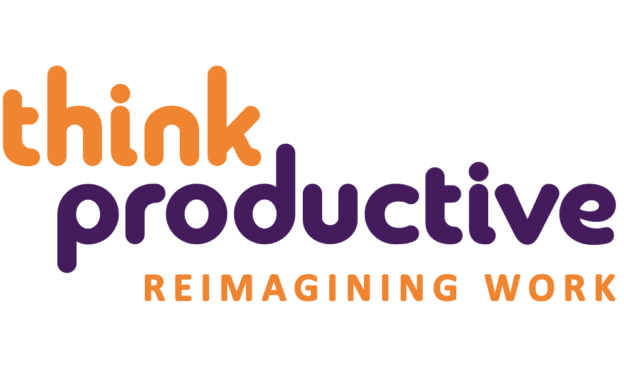Breaking Down Procrastination Habits
Productivity Ninja tactics and Time Management Training will help you reduce the amount of time spent procrastinating in the dark corners of the internet, But the fact is that some of us are more prone to procrastination than others, and we should acknowledge that this is just part of what makes us human. Breaking down procrastination habits can be hard!
However much we’d like them to, deadlines don’t just disappear, and therefore we need to try out different tactics to stay focused. ‘How to be a Study Ninja‘ looks at 20 different approaches to breaking down procrastination habits and we’ve summarized our top 3 for you below.
1. SET YOURSELF MICROGOALS
Who doesn’t like the feeling of crossing out an item on their to-do list? We’ve heard from a lot of people in our Time Management Workshops putting “write to-do list” as their very first item on their daily lists, just so they instantaneously have something to cross off. When it comes to other tasks, however, a lot of people tend to keep their to-do lists rather general and vague. In order to free up space and energy for your brain to come up with great ideas, you need to be able to rely on your second brain to store those day to day tasks. That’s where braking bigger tasks into microgoals comes in handy.
For example, a microgoal for a 2,000 word essay might be to do 250 words a day. You’ll feel great hitting those 250 words a day and won’t be feeling bad about the 1,750 words you haven’t written.
What’s important to keep in mind:
a) A microgoal only works if you’ll continue working on it.
There’s no point in breaking down the 2,000 word essay if you’re only going to hit one of your microgoals and spend the rest of the week stressing out about the rest of the essay.
b) Be specific and measurable, so “write essay” won’t be enough.
As mentioned earlier, you need to be able to rely on your second brain to store all details and info related to your tasks, so your brain has enough capacity to come up with brilliant ideas for your essay/project/etc.
c) Make sure you leave yourself enough time.
Although your microgoal will help you stay more focused, life happens and you might not manage 250 words every single day, so plan in some buffer time.
2. GO DARK
As helpful as smartphones can be, they can also be a major distraction. It is often forgotten how helpful it is to switch off and “go dark”. The airplane mode on your phone, tablet and laptop can also be activated when you’re sitting at home instead of a plane – and you’ll be amazed how much work you can get done without those constantly incoming notifications.
Bella Williams, a consulting editor for Assignment Provider states:
“After a hectic day working on a laptop, I practice a habit of putting my smartphone on flight mode to relax for at least an hour. I even do meditation with some ambient music in the background.”
3. PRODUCTIVE PROCRASTINATION
Sometimes it’s OK to procrastinate. Positive procrastination does exist – for example tidying your room/office, organizing notes or even going to sleep earlier. It might not immediately get you closer to the end goal, but you’re not wasting your time either.
“Sometimes it’s worth throwing in the towel for the day, admitting defeat and finding something else vaguely useful to do. Being kind to yourself on a day like this will pay dividends the following day.”
By Hannah Urbanek
Hannah is Think Productive’s Head of Outreach and the voice behind a lot of our global editorial and social media content.
You can connect with Think Productive North America by contacting us here or connect with our President, Barbara Green on LinkedIn.


